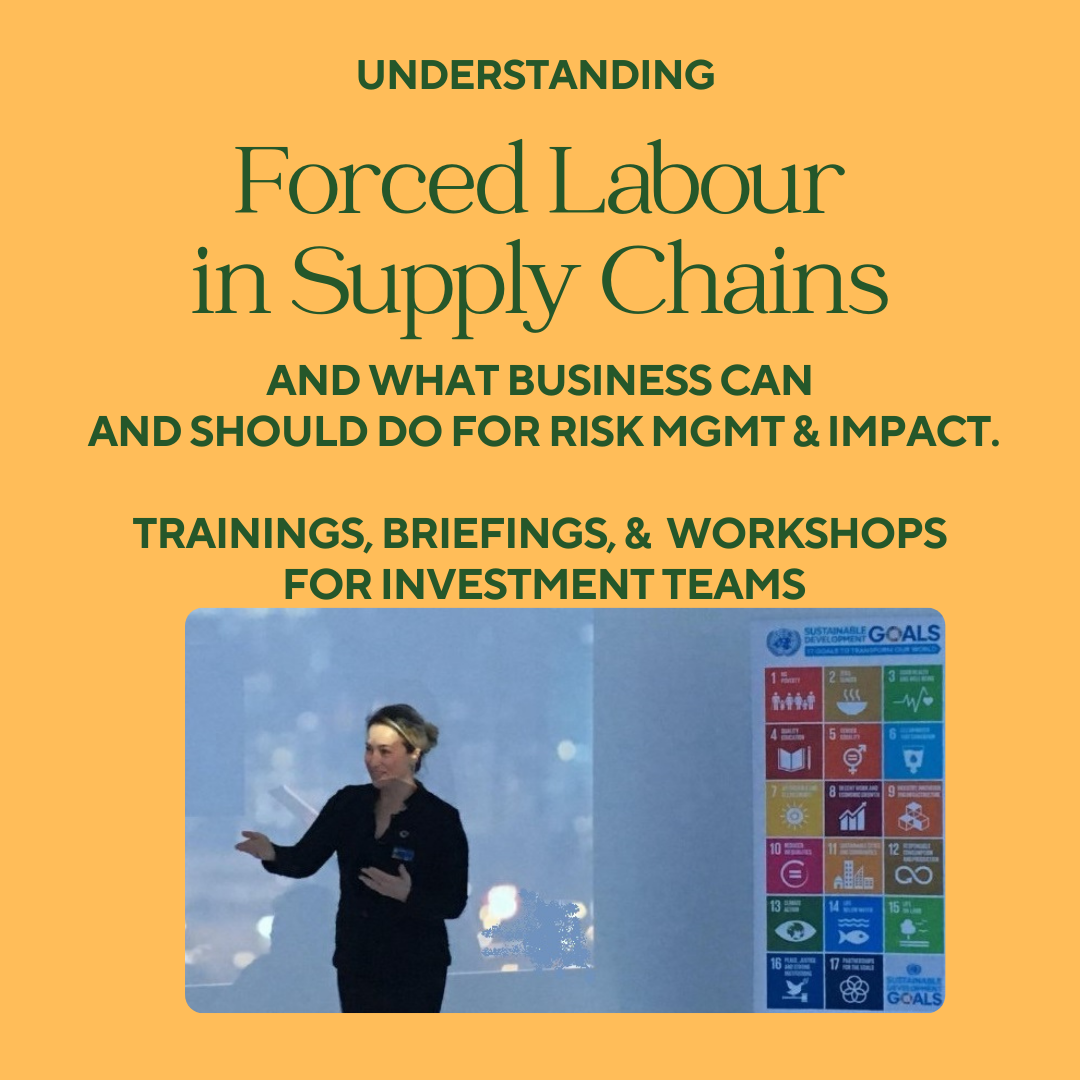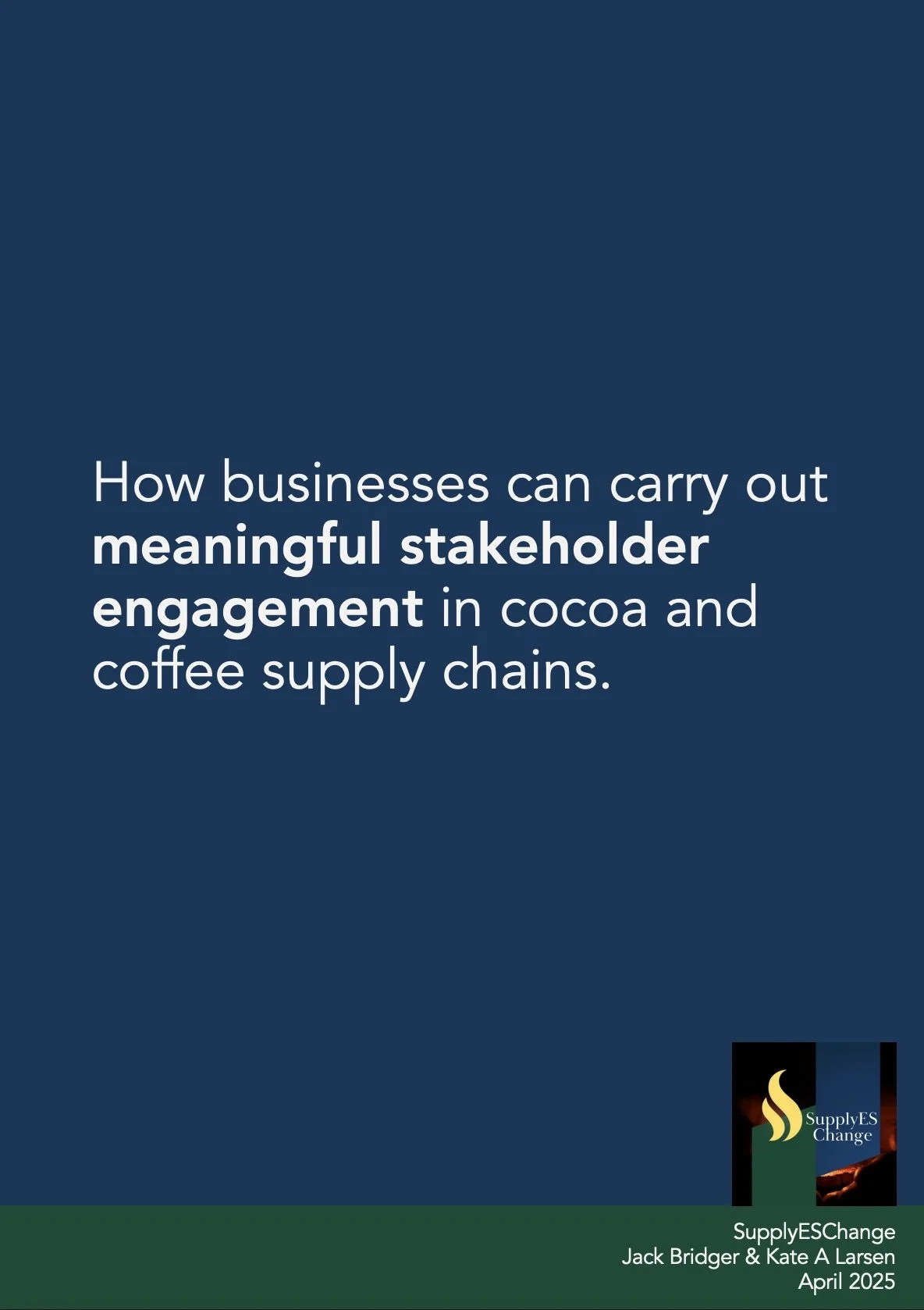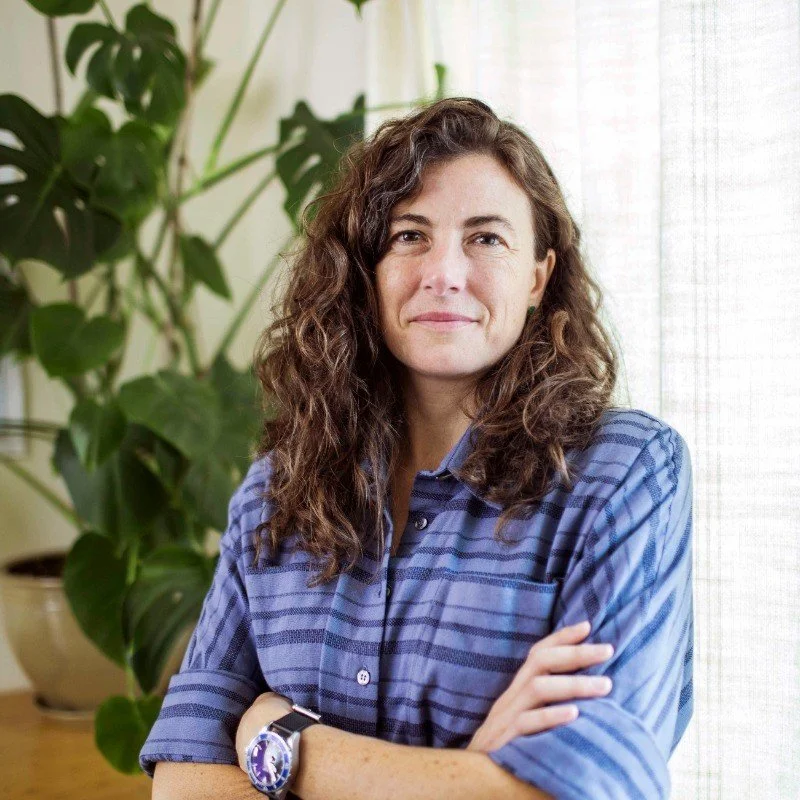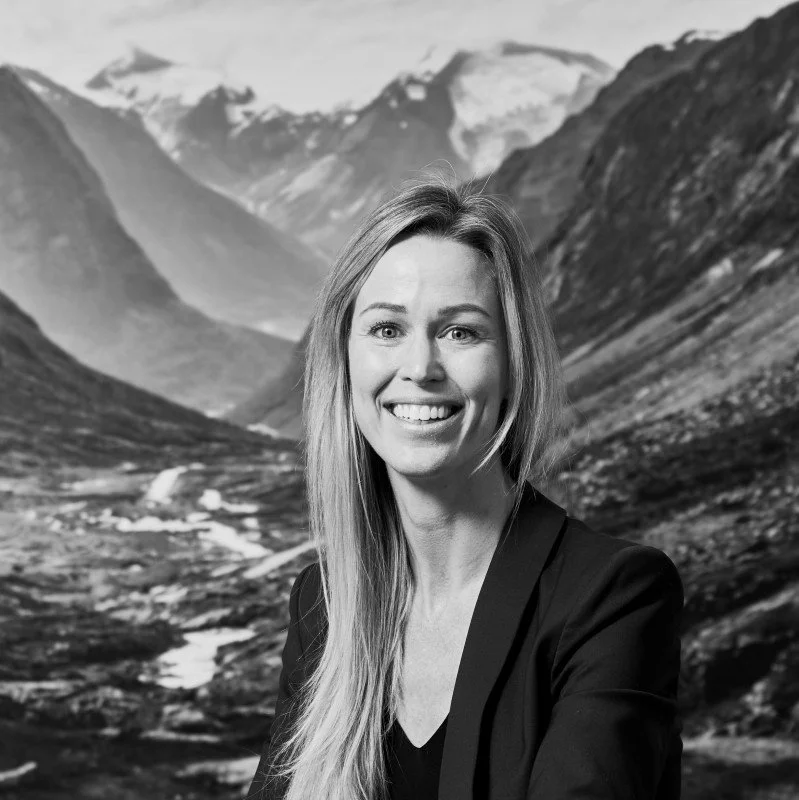
Environmental & Social (ending forced labour), and Human Rights due diligence in global Supply Chains, for
Risk management, Change, Performance, and Positive Impacts.
We empower Investment teams, Companies, and Organizations
looking at ESG, human rights and worker rights, and Sustainability in global supply chains, through our comprehensive, tailored Training and Guidance from experience. We research and clarify what goes on, expectations from emerging legislation, and how business can take good practice steps for risk management and positive impact.
Our comprehensive, Tailored Trainings and Advisory comes from extensive in-house experience globally, and a deep dedication and Respect for People (especially workers) and Nature.
20 plus
20 plus years
EXPERIENCE, BROUGHT BY EACH SUPPLYESCHANGE SENIOR CONSULTANT AND TRAINER
COUNTRIES WORKED IN ACROSS ASIA (INCL CHINA), AFRICA, EUROPE, AMERICAS
WORKERS HELPED TO GAIN SUSTAINABLE LABOUR CONDITIONS, DECENT WORK IMPROVEMENTS
100 plus
COMPANIES SUPPORTED TO IMPROVE THEIR RESPONSIBLE SOURCING, DUE DILIGENCE, RISK MGMT & IMPACT
100,000s
A few of our recent Services
Forced Labour Trainings for Investments Teams
Understand what is forced labour, where it occurs and it’s prevalence in many global supply chains
Hear the latest on key forced labour related regulations emerging and requiring increased company due diligence
Understand what proper supply chains human rights due diligence looks like, and for data integrity
How to assess portfolio risks and engage firms and suppliers
Gain Clarity of what Forced Labour in business operations really looks like from trainers personal experience investigating in factories for leading companies, engaging, remediating, and related crisis management (China, Japan, Italy, Malaysia, Thailand, Taiwan, etc)
Applying experience Training numerous Investment teams in UK, Europe, Asia, Australia and Globally, and for UN PRI.
Gain Guidance on Frameworks that teams can apply, and leading data tools to consider.
A Tailored Training Workshop, training or Briefing for your team
Framework(s) tailored with you for your team
Workshop of 1-3 hours on zoom, MS teams or your preferred system.
Tailored in two x 1 hour client calls, including revision, changes.
Includes development of case studies tailored to your portfolio.
Recording provided for your team.
Tailored follow-up Briefing Summary answering questions from your team.
Further tailored email responses to questions 2x in 6 months following, or 1-2 calls in month following.
£5,800 + VAT (for relevant clients), negotiable. If in person, travel negotiable.
Learn about Nature Regeneration Investment Opportunities from Water Stewardship in fashion and apparel supply chains
The fashion industry contributes 8% of global carbon emissions, 20% of global wastewater production, and an estimated 50% of global PFAS use.
Learn why increasing supply chain risks from lack of attention to water matter.
Learn about Resiliency opportunities (economic, social, environmental) from water stewardship
Gain deep insights into fashion, apparel and retailer textiles supply chains: The Trainer’s MSc Thesis Imperial College researched apparel water pollution prevention China and Asia; Lead author 2004-5 of the Resilient Water Accelerator Report on “Accelerating Water Stewardship Investments In Global Apparel Supply Chains”.
Insights from on the ground water monitoring.
Why water pollution and overuse still occurs: how pricing and contracting challenges can be overcome
Models for Impact being applied to learn from
How institutional Investors can engage Fashion and Apparel brands and retailers to take action with ROI for economics and Nature
As Featured…
If your company is a member of FinanceUnlocked, also known as SustainabilityUnlocked or xUnlocked, you can find Kate A Larsen’s other training Courses there on:
Some of the organisations we have advised and supported in Environmental and Social (human rights) due diligence Training, Delivery, and Advisory for Change and Impact, in global Supply Chains and beyond….
Recent Reports
Our team often apply our experience, and industry and NGO insights and networks, to more deeply research potential challenges regarding, and solutions to Environmental and Social (Human Rights) issues in global supply chains.
We take pride in efforts to research and advocate why challenges exist, and how they might be solved, to help end human rights abuses, and realise urgently needed social and environmental change.
Late 2024, SupplyESChange Director Kate A Larsen was commissioned to, from her 20+ years Sustainability experience, including working in Fashion and Apparel brands, and in Asia, research how to finance greater water stewardship in textiles supply chains.
The Report launched 2025, and developed upon the lead of water expert Rachel Cardone, a Director of the new UK government funded non-profit the Resilient Water Accelerator (RWA), incubated out of non-profit WaterAid, looks at reasons for continued water overuse and pollution which has continued in global apparel supply chains (with a deep dive on Bangladesh), and at what investors looking at ESG and sustainability in apparel brands and retailers and firms, brand buyers themselves, factories, governments, and more, can each do to end dangerous levels of water overuse and pollution.
In 2024, SupplyESChange hosted a mid-career Masters in Sustainability student and ESG professional Jack Bridger, and supported his outreach to industry and NGOs and research into why and how companies can improve meaningful stakeholder engagement in business human rights due diligence for their chocolate (cocoa) and coffee supply chains.
Child labour, largely due to poverty, has continued in key global cocoa sourcing countries in particular, and also coffee. Despite these issues having been reported for over 30 years, they have continued. This report looks at why, and what should and can companies do in this challenging situation?
The apparel industry is a major contributor to environmental challenges, possibly responsible for 20% of global wastewater and 8% of carbon emissions. But there's a powerful solution: targeted interventions backed by commercial finance can transform textile manufacturing, leading to significant returns on investment through improved water and environmental stewardship.
This report highlights the situation in Bangladesh, where the textile industry—80% of the country's exports—faces severe water availability risks due to rapid growth and fast fashion consumption. Beyond scarcity, toxic wastewater pollutes vital ecosystems, threatening human health and biodiversity. Kate explained that after cotton and raw materials growing, “Tier 2” textiles “wet processing” sites (i.e. dye-houses, spinning and laundries, etc) use the most water (not cut&sew sites). The Report here explains what types of actions have been working to reduce risks to nature and human life, and which if expanded, can realise water and related financial savings. SupplyESChange and RWA are grateful to all who participated in interviews and helped develop the report (and especially Saif Khan, Peter Ford, Kiran Pawar , Sashi Jayatileke, and courageous NGOs such as Waterkeepers Bangladesh who voice the issues, and to any feedback received via our online contact form or via linkedin or email.
If you would like to know more about RWA’s work on Investment opportunities in Apparel Supply Chains Water Stewardship, or for Training and/or Advisory on Supply Chains ESG, Environmental, or human rights due diligence, please contact Kate A Larsen on linkedin or via our SupplyESChange Contact form.
The Report explores how companies can better deliver on the human rights due diligence (HRDD) in supply chains, that is increasingly expected of them by emerging legislation such as the EU (European union) Deforestation Regulation (the EUDR), the EU CSDDD (Corporate Sustainability Due Diligence Directive), implied by the US TEFTA against imports of goods made by forced labour (of which child labour is a form), the French Duty de Vigilence, the Modern Slavery Acts of the UK, Australia, California, and Canada (and pending in New Zealand), and wider customer, ESG investor, GRI and DJSI (Dow Jones Sustainability Index), and other standards.
The report explores efforts to date - what has worked and hasn’t, and ways to deliver on expectations, via truly meaningful engagement.
Whilst every effort was made, and via industry insider interviews and research, to provide the best guidance, constructive criticism is still welcomed, as well as questions or further discussion.
You can reach Jack here to engage him for research or to discuss the issues, and SupplyESChange regarding how to deal with child labour, forced labour, or other human rights issues, via our Contact form, or Director Kate A Larsen here.
SupplyESChange Founders is a Chinese mandarin speaker who has lived and worked in China and Hong Kong and Japan for 11 years, including in Beijing and Wuhan. Kate has worked with supply chains and their sites, and organizations and teams across Asia and globally.
SupplyESChange support investors and businesses to better understand Supply Chains ESG Environmental and Social Realities.
SupplyESChange is led by Founding Director Kate A Larsen, who undertaken this work for more 20 years.
Kate is a Chinese mandarin speaker who lived and worked in China, Hong Kong and Japan for 11 years, including in Beijing and Wuhan. She has visited and worked with sites and organisations across Asia and globally for decades.
A University of Cambridge Institute for Sustainability Leadership (CISL) featured faculty trainer, Kate was a UK Top 100 Modern Slavery corporate influencer in 2018, and applied learnings from her MSc in Environmental Management Imperial SOAS to causing Scope 3 carbon and water emissions reductions in China supply chains.
She regularly guides on understanding modern slavery, forced labour, and other risks in Italy, China, the UK, and globally, for ESG and human rights due diligence, and has led projects in Uganda, Mexico, Turkey, and more for Investors and firms.
Kate and her colleagues apply deep experience to train Investment and Company teams , and provide Guidance on global, and especially China and Asia supply chains human rights and environmental due diligence (HREDD), per expectations of the new EU CSDDD Corporate Sustainability Due Diligence Directive, OECD Guidance (which Kate has input to), UK Modern Slavery Act (which Kate input to Guidance for business of), and more.
Kate and her team are passionate about guiding businesses to understand and end abuses in supply chains for business resilience and livelihood improvements.
OUR SERVICES
-

Tailored Team Trainings
Learn about the emerging new legislation requiring enhanced business human rights due diligence by firms and investors, especially for supply chains, and how this is done, from practitioner experience in small and large firms.
-

Strategic Consultation
Engage with Founding Director Kate A Larsen and draw from her expert guidance in designing mitigation strategies, fostering collaboration, and promoting ethical practices in supply chains, procurement and global sourcing.
-
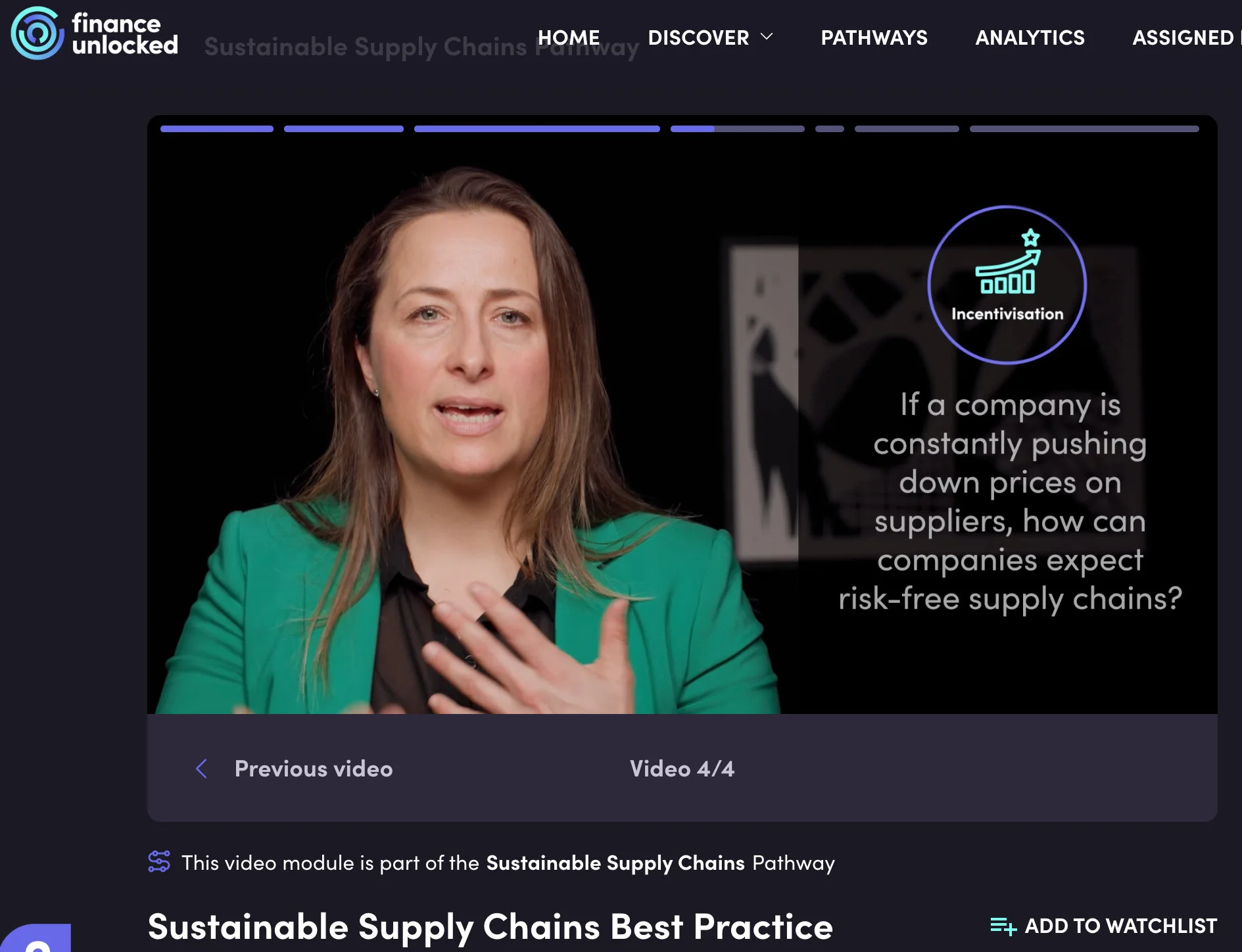
Impact Delivery Coaching
Partner with SupplyESChange Senior experts to delvelop industry-leading ethical trade and anti-modern slavery programmes that align to the most current and most relevant supply chains human rights due diligence expectations.
Where does your team need support?
WHAT PEOPLE SAY
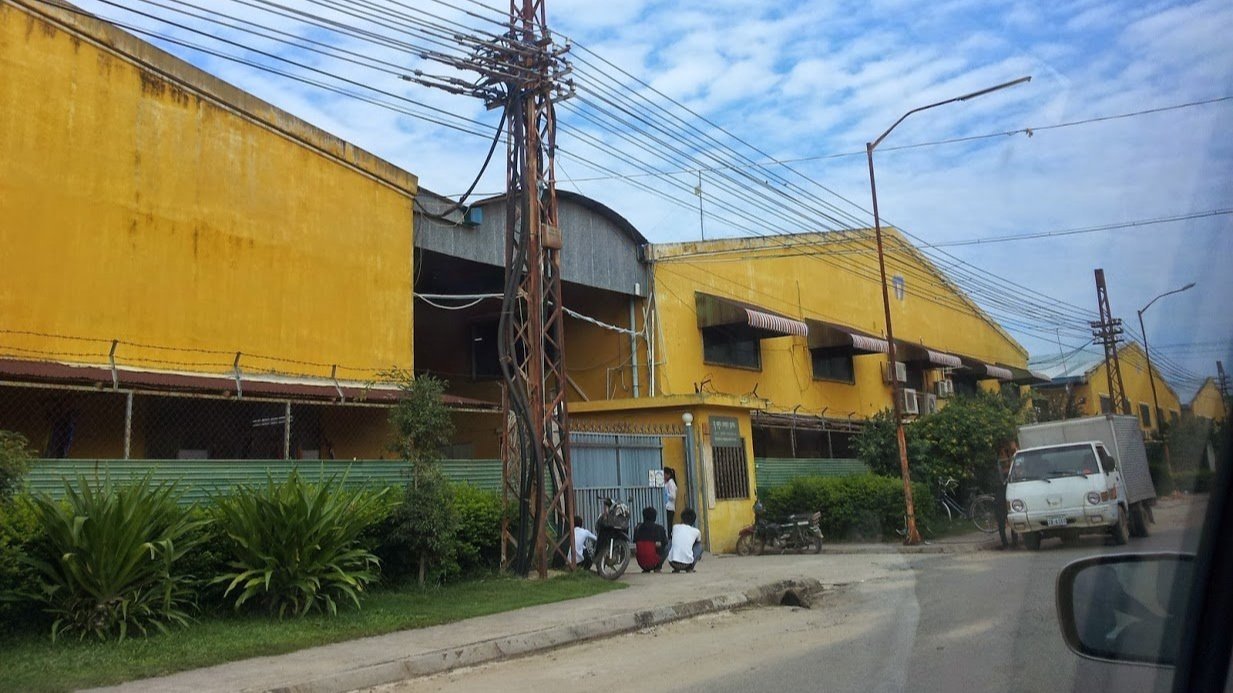
SupplyESChange helps you navigate the evolving landscape of emerging Environmental, Social, and Human Rights Due Diligence (HRDD) and Scope 3 impact reduction expectations, especially for global Supply Chains, so that you’ll know what your businesses or Investees Should do, and Can do or improve to mitigate risks, and maximize Impact.
Contact us to find out more.
OUR SERVICES
-

Tailored Team Trainings
Learn about the emerging new legislation requiring enhanced business human rights due diligence by firms and investors, especially for supply chains, and how this is done, from practitioner experience in small and large firms.
Recent trainings include understanding Forced Labour for Investment teams; understanding business Human Rights due diligence expectations on companies (and the new EU CSDDD, USA laws against import of goods made by forced labour), and with industry and personal case studies shared to make training relevant and impactful for teams.
-
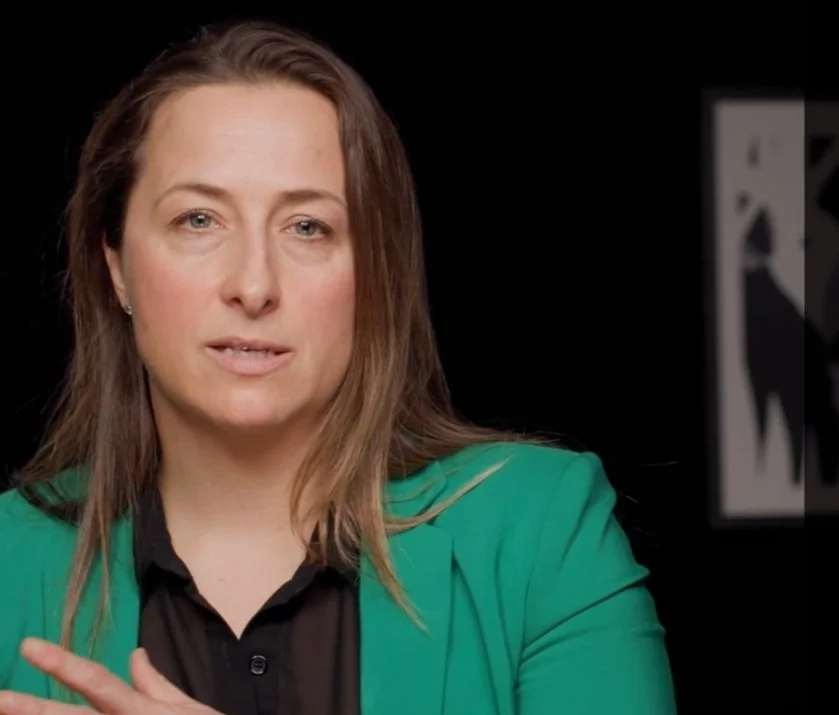
Strategic Consultation
SupplyESChange team support Clients to understand Supply chains Human Rights and Environmental due diligence and responsible sourcing questions, sector approaches, and how a company might most appropriately act.
Significant experience from working in and with clients is applied, including factory to board room approaches.
Recent guidance has been to a luxury EV auto firm on China supply chain human rights due diligence, to a circular waste industry start-up to develop their programme to meet client expectations and deliver impact, on fashion and apparel water stewardship, labour standards in leather and fashion, and more.
-

Impact Delivery Coaching
Partner with SupplyESChange Senior experts to delvelop industry-leading ethical trade and anti-modern slavery programmes that align to the most current and most relevant supply chains human rights due diligence expectations.
We support companies to understand where there are human rights risks, how to mitigate and cause remediation, and how to deliver positive social impacts from such efforts, also meaning greater sustainable business for all parties.
